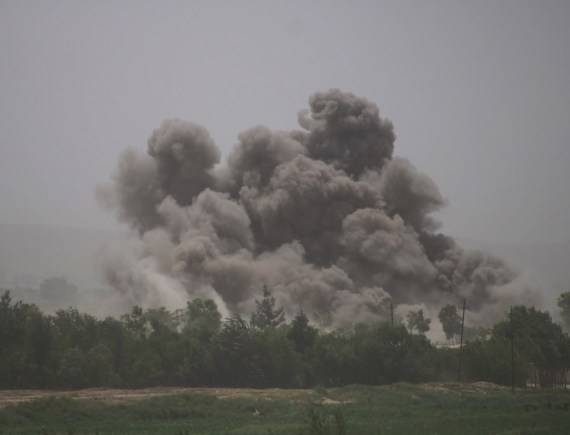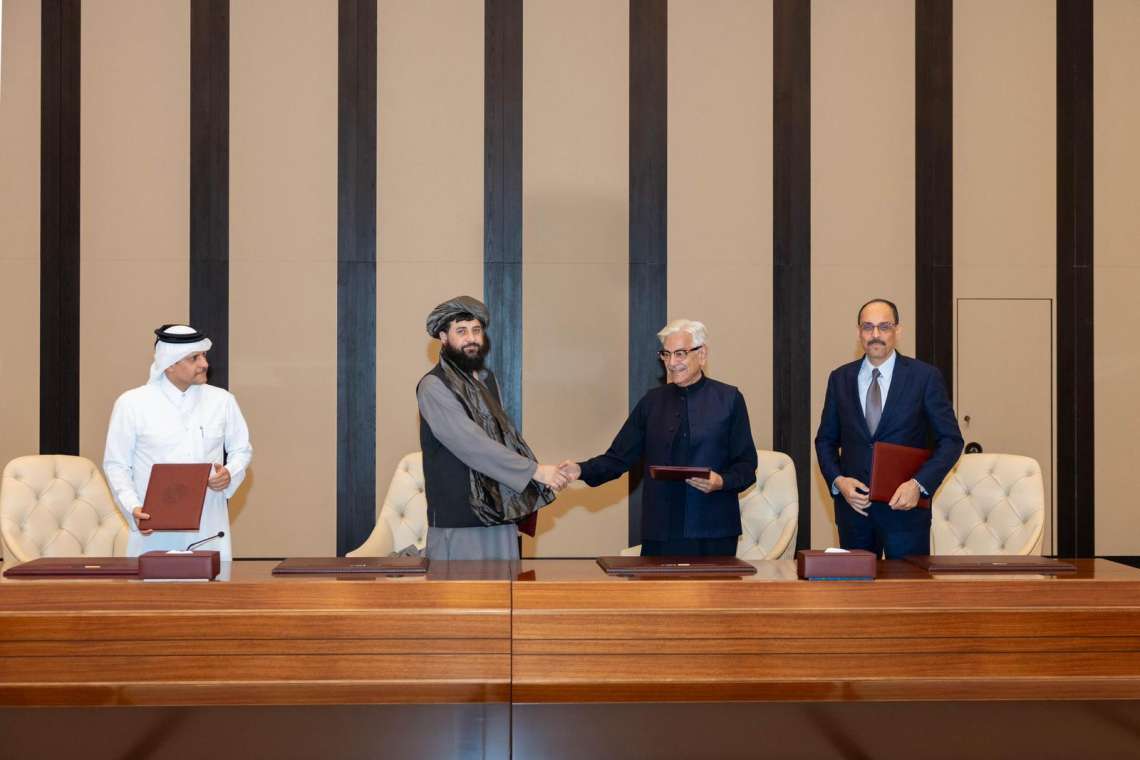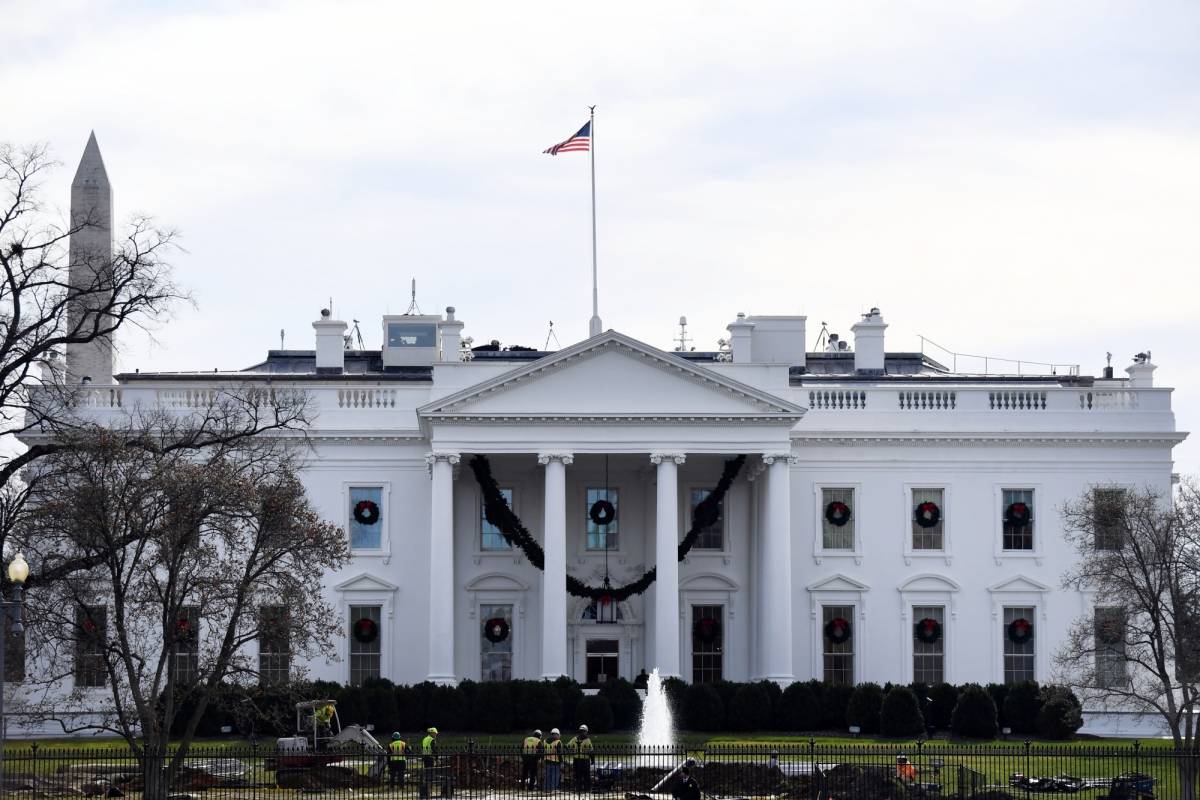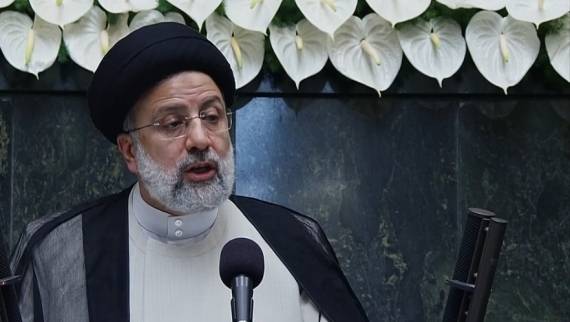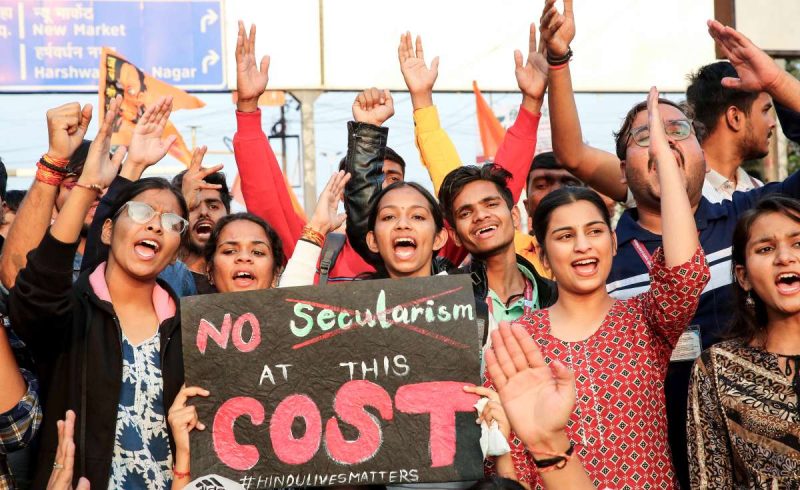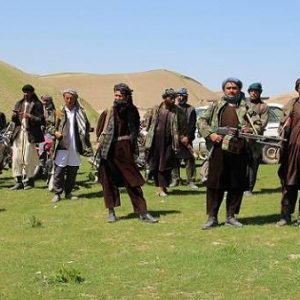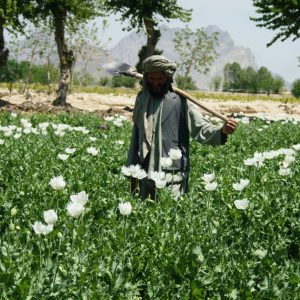Experts have said the loss of Kandahar and Herat, Afghanistan’s second- and third-largest cities by population, would be a major blow to the government…reports Asian Lite news
The Taliban is stepping up its attack on provincial cities in response to the increasing airstrikes by the US as fighting has escalated in Herat, Lashkar Gah and Kandahar, according to a report on Friday.
Experts have said the loss of Kandahar and Herat, Afghanistan’s second- and third-largest cities by population, would be a major blow to the government. According to them, it could potentially trigger major realignments in favour of the Taliban.
“Mullah Yaqoob argued that when the US didn’t fulfil their commitment why should Taliban be made to follow the accord?” one of the commanders, based in Kandahar, told Reuters on the condition of anonymity. The commander was referring to the Taliban’s military chief.
“Mullah Yaqoob has decided to capture Kandahar and Herat and now Helmand and then it could be Kunduz, Khost or any other province,” the commander said.
The commander also said that Yaqoob’s arguments had won over the group’s political office. “The operations in Kandahar and Herat are very much important to us and our priority is to capture the two crucial airports or airbases in Kandahar and Herat,” the Taliban commander in Kandahar said.
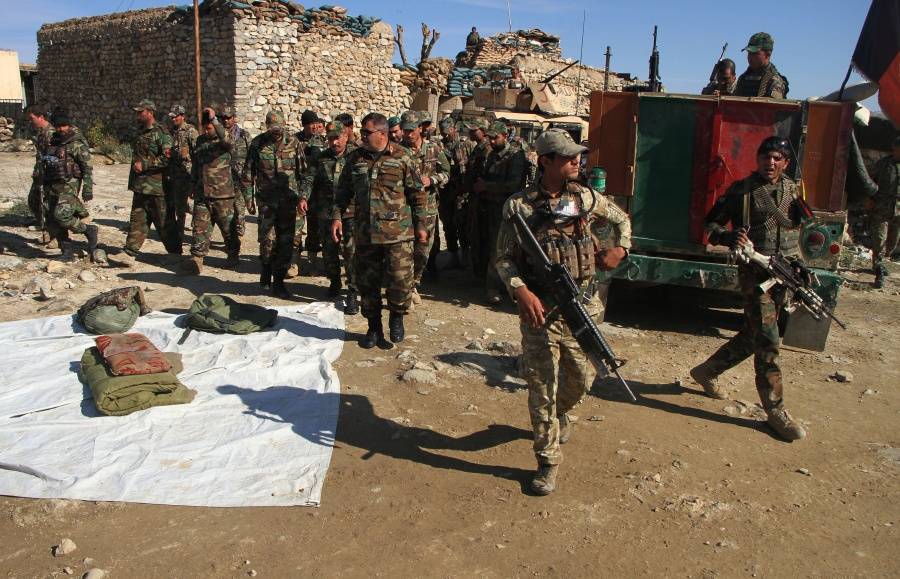
However, Taliban negotiator Suhail Shaheen told Reuters the group was continuing its policy of seizing control of rural areas in Afghanistan and implementing Islamic Sharia there, rather than focusing on cities.
Officials and experts said the signs of a change in strategy was seen in July. “The main evidence is the extent of their breach of these cities. Fighting is not limited to the peripheries anymore,” Asfandyar Mir, a South Asia analyst from Stanford University, told Reuters. “This switch in Taliban strategy has been formalised after Eid, though Taliban forces were putting serious pressure on Kandahar even before Eid,” Mir added.
The Taliban’s offensive has gone up since April when US President Joe Biden announced troops would withdraw by September. Herat, Kandahar and Lashkar Gar have seen sustained attacks by the Taliban and scores of civilians have been killed in these areas.
The violence by the Taliban continues unabated in Afghanistan as several videos and images on social media showed those injured, including children. A girl is seen in a video on Twitter with injuries on her forehead and blood on her blouse after a roadside blast triggered by the Taliban. Her father was killed when they were on their way to a pharmacy, the user claimed.


